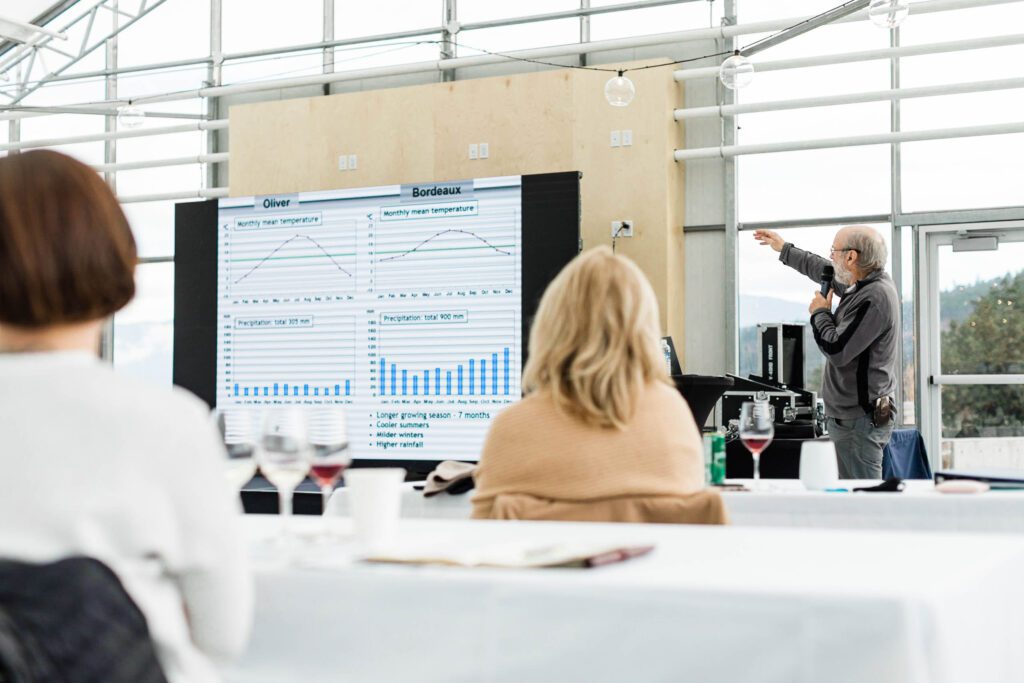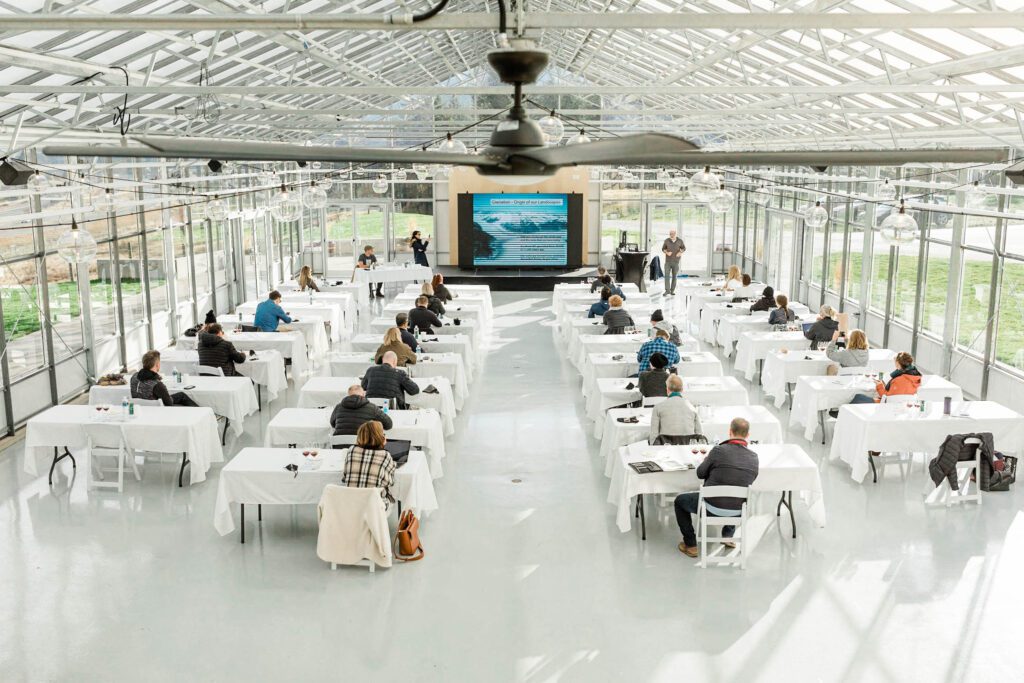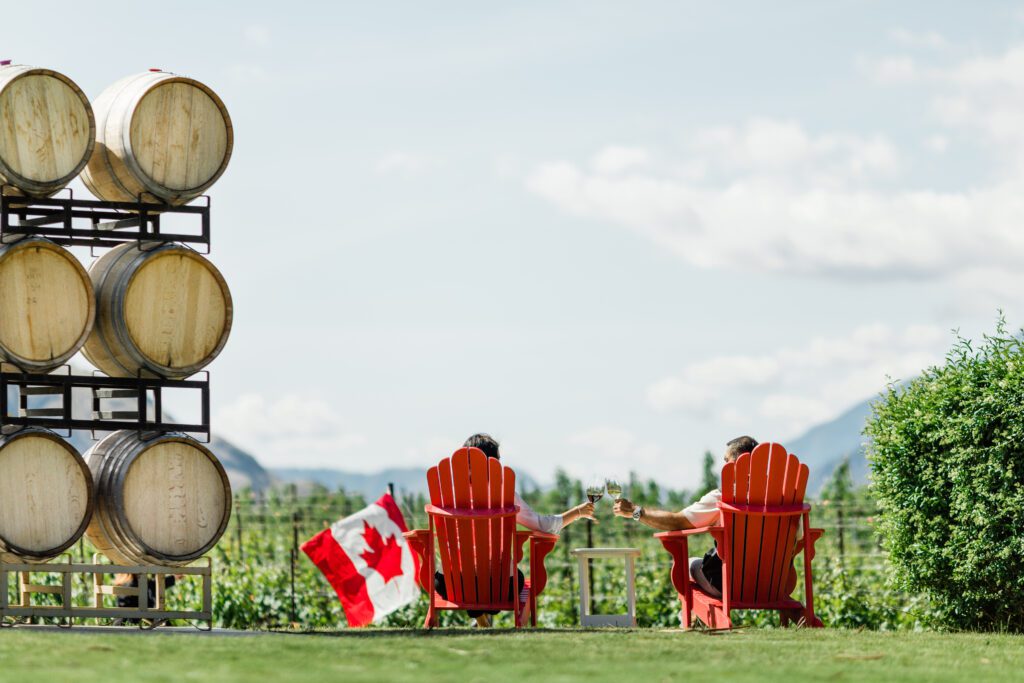Mandate: To strengthen the economic and operational foundation of the BC wine grape industry by enhancing business capacity, risk management, and financial sustainability through innovation and supportive services.
Goal Statement: By 2027, the BC wine grape industry will operate on stronger economic foundations supported by scalable business models, practical financial tools, and targeted operational supports. Producers of all sizes will have access to benchmarks, cooperative services, and precision technologies that reduce costs and improve margins. A revitalized extension system will ensure research is quickly translated into practice, while improved access to financing, risk management, and regulatory flexibility will enhance resilience. Collectively, these actions will position the sector to be profitable, adaptable, and economically sustainable for the long term.
Working Group Members:
- Dapinder Gill, Dirty Laundry Vineyards (Advisory Committee Liaison)
- Charlie Baessler, Corcelettes Estate Winery
- David Paterson, Tantalus Vineyards
- Craig McDonald, Andrew Peller Ltd.
- Lee Cartier, Okanagan College
- Johannus Janmaat, UBC
- Brenda Hetman, 40 Knots Winery
- Geoff McIntyre, MNP
- Sam Stringer, French Door Winery
Supported by the Program Delivery Team:
- Abbie Morris, Program Manager
- Lindsay Kelm, Communications Manager
- Kate Durisek, Host Committee Liaison
While our working group membership is currently full, if you are interested in joining the Working Group Community, please contact Lindsay Kelm at [email protected]. Community Members will receive early updates, be invited to provide feedback on draft ideas, and help guide the group’s direction through ongoing engagement.





